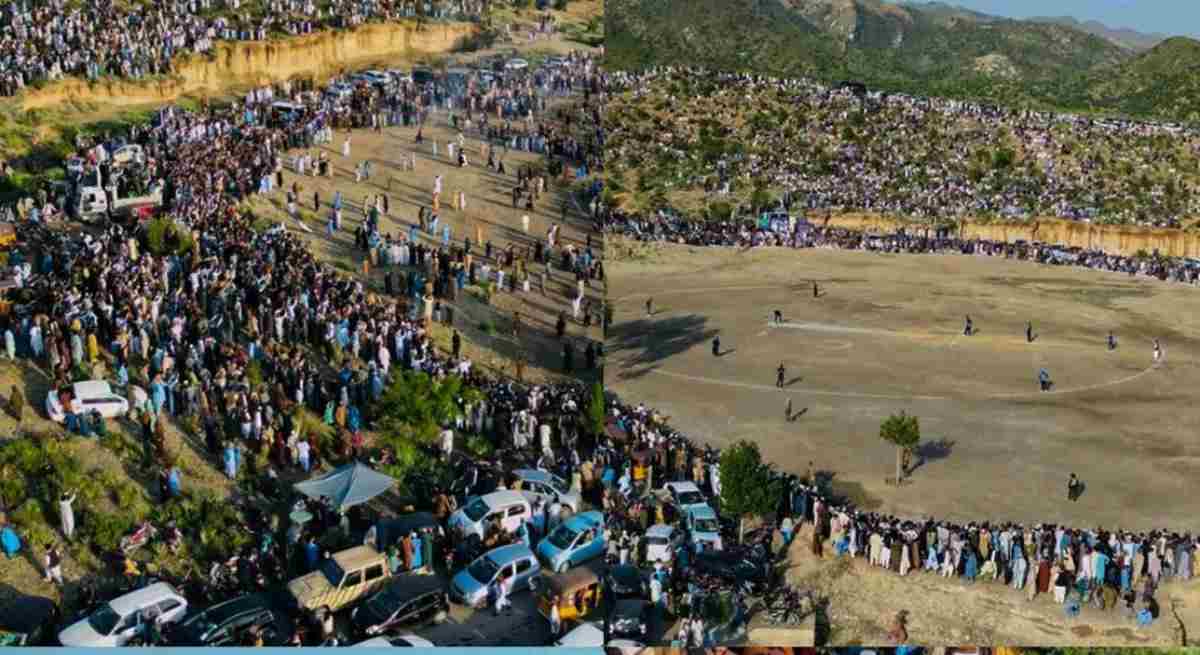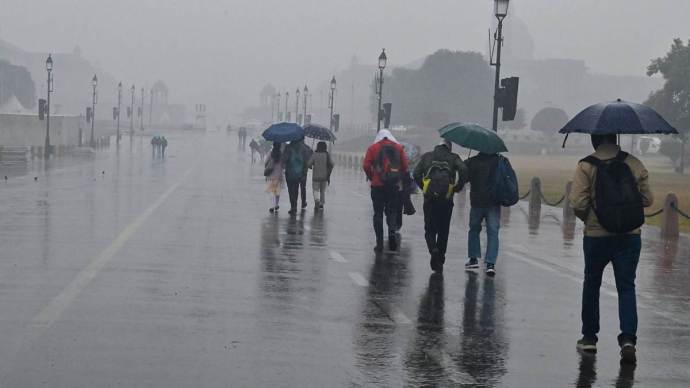Cricket in Afghanistan survived war, political upheavals, and societal problems. The men’s side still excels on the international field despite the challenging environment. Although women’s cricket has unfortunately taken a step backward, Afghans’ passion for the game has remained intact. Following the return of the Taliban to government, most individuals feared that sports, particularly cricket, were no more. Nevertheless, the men’s national cricket team was permitted to continue playing by the Taliban. The Afghanistan Cricket Board (ACB) continued to be active and conduct matches and training. This was seen recently when huge crowds turned up in Afghanistan for a local match.
Also Read: Devon Conway Replaces Finn Allen For Upcoming T20I Tri-Series In Zimbabwe – Here’s Why
𝗧𝗵𝗲 𝗰𝗿𝗮𝘇𝗲 𝗳𝗼𝗿 𝗰𝗿𝗶𝗰𝗸𝗲𝘁 𝗶𝗻 𝗔𝗳𝗴𝗵𝗮𝗻𝗶𝘀𝘁𝗮𝗻 𝗶𝘀 𝘂𝗻𝗿𝗲𝗮𝗹!😮
— CricTracker (@Cricketracker) July 13, 2025
A huge crowd gathered in Khost Province for a local cricket match.🙌🇦🇫#Cricket #Afghanistan pic.twitter.com/xfydfCVDlX
For many an Afghan boy or girl, cricketing heroes such as Rashid Khan and Mohammad Nabi are the key to a better future. These young players want to follow in his footsteps and international success, working towards sporting greatness and not to the allure of extremist organizations such as ISPK. Denying Afghanistan its sporting platform threatens to burn such dreams away, leaving at-risk youth vulnerable to radicalisation. This is no mere loss for Afghanistan but also a possible international security issue.
A New Beginning?
In August 2021, the Taliban also captured Afghanistan and prohibited women’s sports. The athletes were threatened, harassed, and warned of consequences if they persisted in playing. A Twenty20 cricket match involving a women’s team comprised of refugee women from Afghanistan who now reside in Australia played an exhibition game, but marked the start of a lot more.
Earlier this year, an Afghan women’s cricket team faced a Cricket Without Borders XI at Melbourne’s Junction Oval. It was the first time the women played as a group since they migrated to Australia following the Taliban takeover of their homeland in 2021. The team has since been based in Canberra and Melbourne.












